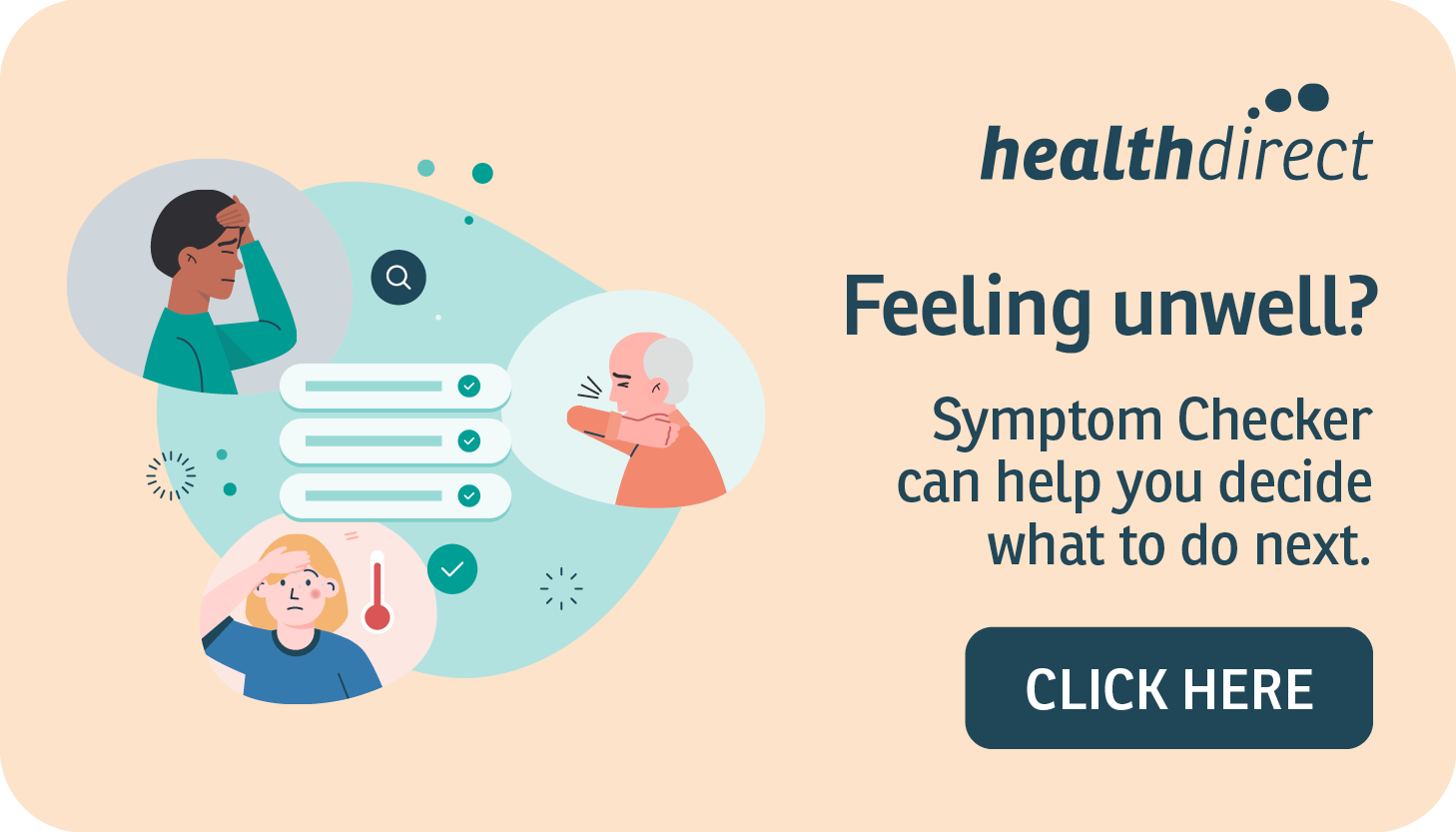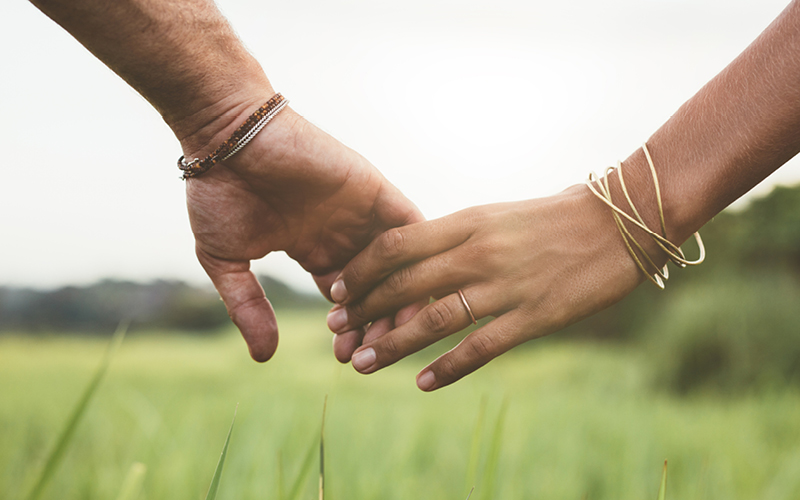I knew I was statistically at risk of PNDA. Older first time mum – tick. Career woman – tick. Lack of family support – tick. Traumatic birth experience – tick. But this baby was longed for, and I was so ready to become a mum. I loved her from the beginning. I wanted the world for her and our new family of three.
Despite feeling so ready, I found motherhood a shock. The shock of the traumatic few days before the birth diagnosed with a toxic and dangerous pregnancy-induced liver disease. The birth itself – early induction, long labour, distressed baby, emergency caesarean. The adjustment of not working – I found it so hard to get my head around the fact I wouldn’t be earning my own money that I left work just 3 days before she was born. Family overseas had offered to visit after the birth, but independent, confident me had said “no thanks – we’ll be fine”.
The truth is I found the days long, lonely and dull. Jade wasn’t a great sleeper and my days were spent either feeding her or trying to get her to sleep. Baby books lectured about 4 hourly cycles of feeding and sleeping – and when she didn’t cooperate, I stressed out. I walked with her in the Baby Bjorn every afternoon to kill time till her dad got home from work. She cried for two hours at witching hour every night just as we were trying to get dinner on the table and I was worn out after a long day. Then I was faced with the prospect of a long, wakeful night ahead.
Despite this, I was coping. I remember those early mum’s meetups at the Early Childhood Centre. The nurse spoke about PNDA and rattled off all the symptoms. I remember thinking – no, that’s not me. I’m tired, but I’m OK.
When Jade was 8 weeks old my mum (in New Zealand) had a near-fatal heart attack. I tearfully spoke to her before her emergency surgery and triple bypass. I hurried through a passport for Jade and flew straight over there. It was stressful but I coped. And thank God, mum was going to come through.
Back home again, I was getting worn down by breastfeeding. I felt constant pressure that all Jade’s nutrition, hydration and therefore life itself, depended solely on me. I had an oversupply of milk. I would wake up in the night with breasts so sore and full that I counted down the minutes till she would wake up so I could feed her to relieve the pressure. I started to not fall back to sleep when I put her down after night feeds. I got anxious about not sleeping and then anxious the lack of sleep would stop me functioning properly – and that would mean I couldn’t meet the needs of my dream-come-true baby.
I cancelled catch ups with the few mums I knew with babies. I lost my appetite. I started crying more often. My husband was sympathetic, but powerless – this was a problem he’d never encountered and didn’t know how to fix. Around that time a friend who lived in the Blue Mountains called me and asked how I was doing. The floodgates of tears opened. What an angel – she drove down to Sydney and held my hand as we went to the early childhood nurse and then the GP. I was diagnosed with PNDA. Jade was 12 weeks old.
In some ways, it was a relief to hear the diagnosis – at last there was a reason I felt this way. I was optimistic this would be the start of my recovery. Unfortunately, the drugs I was given didn’t work. I felt nauseous. My doctor tried another medication. That was no better. And I was still not sleeping. Anxiety was at an all-time high and I was exhausted through lack of sleep.
At a loss, the GP referred me to the mother and baby unit at St John of God. We all moved in there, our family of three. My poor husband – the bewildered look on his face every morning as he went off to the city in his suit. How had it come to be that his perfectly formed, materially blessed family was living in a psychiatric hospital?
To be honest, that hospital stay didn’t really help me (though I know it helps hundreds of others). It wasn’t real life. They kept us busy all day with group sessions and regimented activities and it felt to me a bit like a cross between going back to work and a holiday camp. I met this challenge head on. I know all about schedules and meetings. Right back in my comfort zone! Top of the class! The doctors and nurses didn’t really know why I was there. In any case, I left after 3 weeks. My brother (in New Zealand) was getting married and I was his “best man”! I rose to that occasion, gave a witty speech and everyone cooed over the baby.
Us three flew back home again. Hubby went back to work. I was alone again. Nothing had changed back at home except I was more exhausted than ever. I finally crashed. Crushing anxiety and depression. Worse than before. I begged the hospital to take me back but (fortunately, in the end,) all beds were full. No room at the inn.
A doctor and nurse from the local hospital Mental Health Unit visited me at home. The medication gave me immediate relief after months of anxiety and I tolerated the anti-depressants well. The nurse was kind and phoned me every day at home. Family flew in. When they left, I hired part-time help to give me a few hours break a couple of days a week. I connected with a great psychiatrist who would support me over the longer term. My recovery began. I could finally exhale.
When Jade was 8 months old, I went back to my old job in the city three days a week. She was on the bottle by now and was sleeping better. I was better. I loved the three days at work and the four days I had with her at home. I felt balanced, happy and blessed.
I had Oscar 25 months after Jade. Gee, did I do it all differently this time! I went back on my medication to prevent a relapse. I rostered overseas family to visit for the first 4-6 weeks. I persevered for less time with breastfeeding to share the load better and sleep more. I worried less about the 4 hourly schedule! I prioritised social outings. And I was busy and stimulated with my beautiful two year old toddler. I was lucky. I got through relatively unscathed the second time round. I had learnt from experience what I needed. And I didn’t need to do this alone. Help is out there.
I will never be glad I had this illness – but it has made me a more compassionate person. I realise life is beautiful, but fragile.
Debra's Story
Please submit your details below and we will be in touch soon.
Related Fact Sheets























.png)

